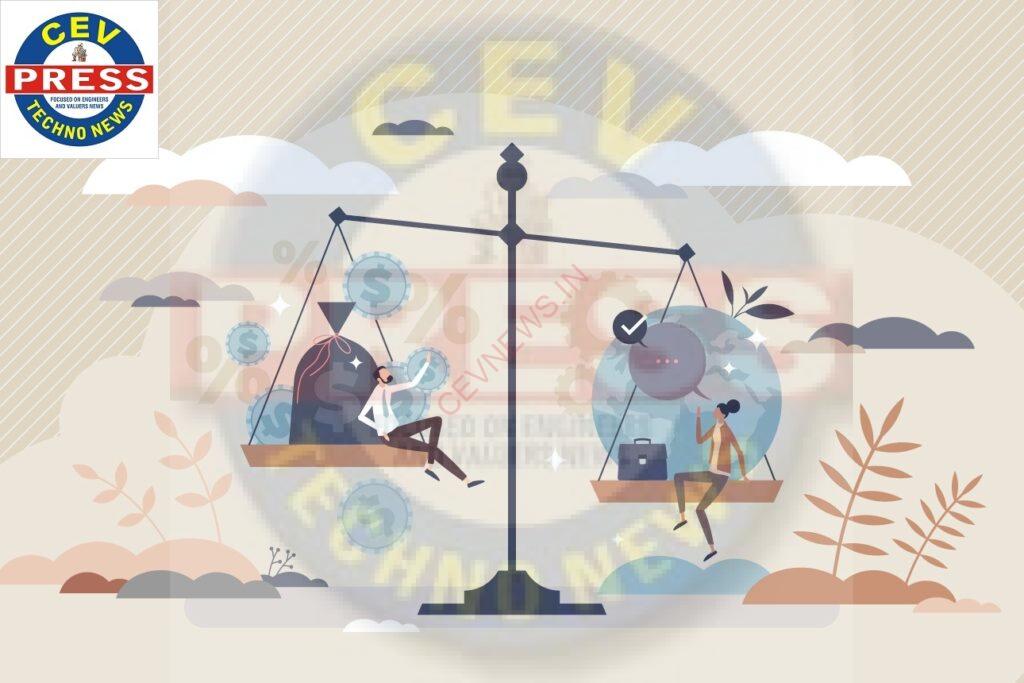BALANCING BUSINESS ETHICS: PRINCIPLES AND PRACTICES
Balancing Business Ethics: Principles and Practices
In the bustling and diverse landscape of India’s business environment, the delicate balance between ethics and profit maximization remains a perennial challenge. With a rich tapestry of cultural values, historical legacies, and modern aspirations, Indian businesses often find themselves navigating intricate moral dilemmas while striving for success.
Understanding Business Ethics
Business ethics encompass the moral principles and values that guide the conduct of individuals and organizations in the commercial realm. In India, where traditions and modernity converge, ethical considerations extend beyond legal compliance to encompass cultural norms, social responsibilities, and environmental sustainability.
The Intersection of Tradition and Modernity
India’s business landscape is a melting pot of tradition and modernity, presenting a unique set of ethical considerations. While traditional values emphasize virtues such as honesty, integrity, and respect for elders, modern business practices often prioritize efficiency, competitiveness, and profit maximization. Striking a balance between these contrasting paradigms is essential for sustainable growth and societal harmony.
Challenges in Ethical Decision-Making
Navigating ethical dilemmas in the Indian context requires a nuanced understanding of diverse stakeholders and their expectations. Corruption, bribery, and nepotism continue to pose significant challenges, particularly in sectors rife with regulatory complexities. Additionally, issues such as environmental degradation, labor rights violations, and consumer exploitation demand proactive ethical leadership.
Promoting Ethical Leadership
At the heart of ethical business practices lies ethical leadership. Leaders must lead by example, demonstrating integrity, transparency, and accountability in their actions. Fostering a culture of ethics within organizations entails promoting open communication, empowering employees to voice concerns, and establishing robust mechanisms for ethical decision-making and compliance.
Corporate Social Responsibility (CSR)
Embracing corporate social responsibility is integral to balancing ethics and profitability. Indian businesses are increasingly recognizing their role as stakeholders in societal development and environmental conservation. CSR initiatives encompass a wide range of activities, including philanthropy, community development projects, and sustainable business practices aimed at creating shared value for stakeholders.
Building Trust and Reputation
Ethical conduct is not merely a legal obligation but a strategic imperative for building trust and safeguarding reputation. In India’s interconnected business ecosystem, reputation can make or break a company’s fortunes. By prioritizing ethical considerations in their operations, businesses can enhance stakeholder trust, attract investment, and foster long-term sustainability.
Balancing business ethics in India requires a delicate interplay of principles and practices that reconcile tradition with modernity, profitability with social responsibility, and legality with morality. By embracing ethical leadership, promoting transparency, and integrating CSR into their operations, Indian businesses can navigate the complexities of the ethical landscape while driving sustainable growth and societal impact.


